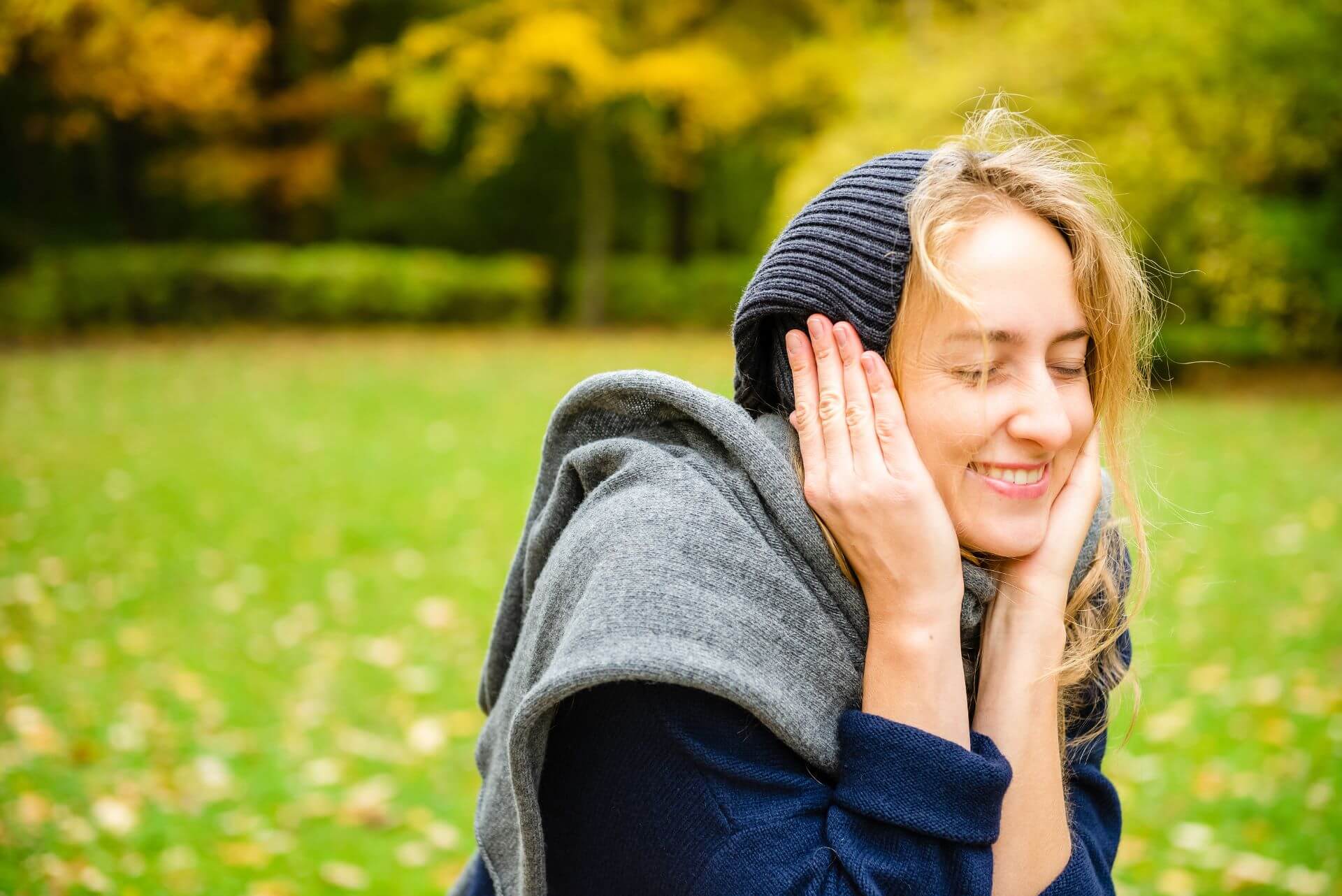
Hearing loss is one of the most common health issues people experience today. Over 48 million people live with impaired hearing in the United States. Various factors can cause hearing loss including loud noise exposure. In fact, the World Health Organization estimates that over 1 billion people globally, ages 12-35, are at increased risk of developing noise induced hearing loss. Exposure to excessive noise in social environments as well as from personal audio devices are common sources of loud noise exposure. To address this global health risk, WHO developed international standards for safe listening at events which can protect hearing health and reduce the risk of hearing loss.
Safe Listening Standards
WHO established six global standards to make listening safe in public spaces that often expose people to hazardous levels of noise. This includes event spaces like auditoriums, arenas, theaters etc. These international safe listening standards are:
- A maximum average sound level of 100 decibels.
- Live monitoring and recording of sound levels using calibrated equipment by designated staff.
- Optimizing venue acoustics and sound systems to ensure enhanced sound quality and safe listening.
- Offering personal hearing protection at venues.
- Availability and access to quiet zones for people to retreat to so they can take listening breaks.
- Providing training and information to staff on hearing safety.
These standards reduce the impact loud noise exposure has on the auditory system – the sensory system for hearing. They also involve venues and public spaces in sharing the responsibility of protecting hearing health.
Noise Induced Hearing Loss
One time or consistent exposure to loud noise is a common cause of hearing loss. Noise induced hearing loss occurs when sensory cells in the inner ear are damaged. These cells play a significant role in how sound is processed. There are thousands of sensory cells in the cochlea which convert incoming sound waves into electrical signals. These signals get sent to the brain which is then able to further process them, including assigning meaning to these signals, allowing us to understand what we hear.
Unlike other types of cells we have, sensory cells in the inner ear do not regenerate. This means that any damage they experience is permanent. Loud noise can desensitize and weaken sensory cells in the inner ear, reducing their capacity to process soundwaves effectively. This results in the brain receiving less auditory information, causing permanent hearing loss.
You are likely wondering how loud sound has to be to damage hearing health. Well, sound is measured in decibels (dB) and noise above 85dB can be hazardous for hearing. This is equivalent to busy city traffic, noisy restaurants at peak hour, and a hair dryer. The threshold for safe listening is 85dB for 8 hours a day, and for noise above 85dB, exposure time should be reduced significantly. The Occupational Health and Safety Administration (OHSA) recommends that exposure be reduced by half for every increase of 3 decibels of sound (after 85dB). Their guidelines for safe listening include:
- 85dB: 8 hours
- 88dB: 4 hours
- 91dB: 2 hours
- 94dB: 30min
Going beyond these thresholds can contribute to noise induced hearing loss. Concerts can easily reach 100dB and at this level, safe exposure time is only 7 minutes. This highlights the importance of protecting hearing health in these environments.
Tips to Protect Your Hearing Health
There are also several strategies you can practice to protect your hearing. This includes:
- Wearing hearing protection: wearing headphones, earplugs, earmuffs etc. provide your ears with a physical barrier that reduces the amount of loud noise you absorb. These items are small enough to carry and access when noise gets too loud.
- Take listening breaks: taking short listening breaks throughout the day is another useful strategy. This gives your ears and brain time to rest and recuperate from constantly absorbing and processing sound.
- Reduce exposure: there are various ways you can reduce your exposure to loud noise including maintaining low volume settings on electronic devices, avoiding noisy settings during peak hours, and investing in noise canceling headphones.
- Test hearing: be sure to get your hearing tested every year which helps you monitor your hearing health.
Contact us to learn more about how you can best protect your hearing health and wellness from loud noise exposure.
